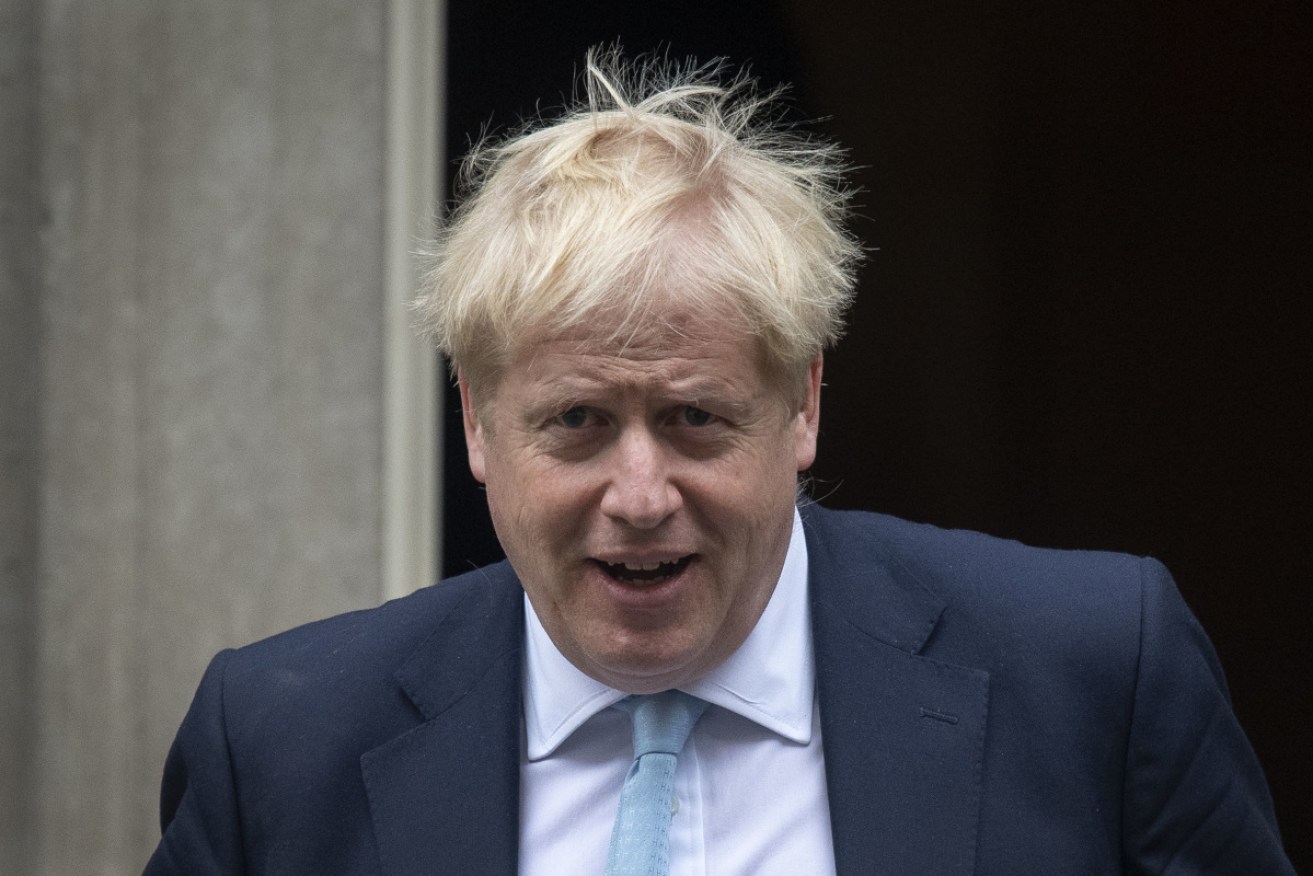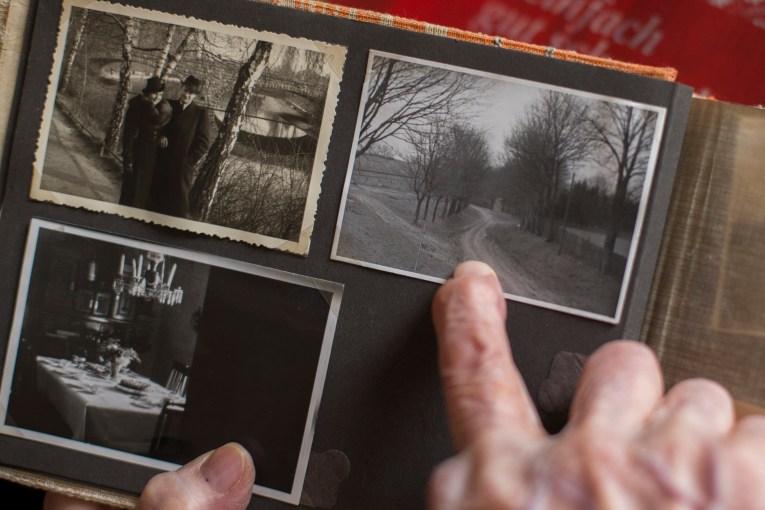Boris Johnson ‘very confident’ MPs will vote for Brexit deal on Saturday


Prime Minister Boris is confident he can get the votes for his Brexit plan. Photo: AAP
Boris Johnson said he is ‘very confident’ that MPs will want to vote for the Brexit deal he struck with the European Union on Saturday.
The prime minister has been trying to paint Saturday’s vote in the Commons as a choice between deal or no deal after securing the deal with the EU, more than three years after Britons voted to leave the bloc.
Mr Johnson must still win a knife-edge vote in parliament to get the agreement approved – a situation he says he’s no confident about.
“I am very confident that when my colleagues in Parliament study this agreement that they will want to vote for it on Saturday and in succeeding days,” he said at an EU summit in Brussels.
“This is our chance as democrats to get Brexit done and come out on October 31.
“It has been long, painful and divisive. Now is the moment for us as a country to come together and get this thing done and to begin building a new and progressive partnership with our EU friends.”
But getting the votes is uncertain.
The Northern Irish party that Johnson needs to help ratify any agreement, the Democratic Unionist Party (DUP), has refused to support it, saying it is not in Northern Ireland’s interests.
The prime minister must also win over the 23 Tory MPs he expelled from the party, Tory Brexiters and Labour MPs concerned about protection for workers and the environment.

Jeremy Corbyn has condemned the new proposal as “even worse”. Photo: Getty
The head of the main opposition Labour Party, Jeremy Corbyn, said he was “unhappy” with the agreement and would vote against it.
Labour has said it wants any deal to be subject to a public vote, but as yet has not indicated whether it will back any move for a second referendum on Saturday.
Mr Johnson has said he will not ask for a delay – even though parliament has passed a law to oblige him to do so if it has not finalised a deal by Saturday.
Negotiators worked frantically this week to agree a compromise on the question of the border between EU member Ireland and the British province of Northern Ireland, the most difficult part of Brexit.
The conundrum was how to prevent the frontier becoming a backdoor into the EU’s single market without erecting checkpoints that could undermine the 1998 Good Friday Agreement, which ended decades of conflict in the province.
The agreement reached will keep Northern Ireland in the UK customs area but tariffs will apply on goods crossing from mainland Britain to Northern Ireland if they are headed to Ireland and into the bloc’s single market.
The agreement scraps the “backstop”, a mechanism envisaged earlier that was designed to prevent a hard border being introduced on the island of Ireland, and would have bound Britain to some EU rules.
However, the DUP, which supports Mr Johnson’s government, said the new text was not acceptable – a step that could spur hardline Brexiteers in his Conservative party also to oppose ratification.
“These proposals are not, in our view, beneficial to the economic wellbeing of Northern Ireland,” the party said, warning that a parliamentary vote on Saturday was just the first stage in approving the deal.
-with AAP








